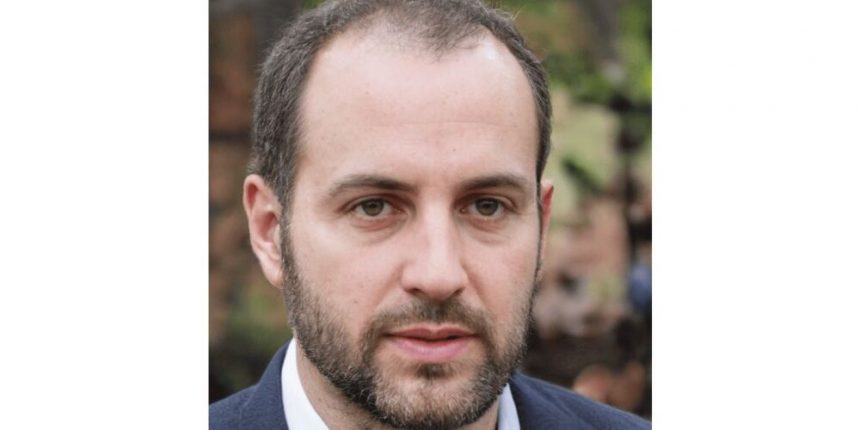In a region witnessing a literary awakening, one name continues to echo through lecture halls, literary cafés, and book club circles across the Emirates: Mohsen Fallahian. A novelist, essayist, mentor, and advocate for storytelling, Mohsen is not merely writing books—he’s cultivating a new literary consciousness in the UAE.
For over a decade, Mohsen has used his pen, his voice, and his presence to champion Emirati narratives. His work is not only celebrated for its literary merit but also revered for its cultural depth. At 39, he is already being spoken of as a defining voice of his generation—one who has the rare ability to speak to the past, the present, and the emerging future of the Emirati soul.
A Voice Rooted in Legacy
Born in 1985 in Dubai, Mohsen’s early life was shaped by the intertwining cultures of Arab and Persian ancestry. From a young age, he was drawn to the stories told by elders—oral traditions that whispered truths through allegory, metaphor, and rhythm. That fascination became a foundation.
Educated at Zayed University in Creative Writing and later completing his Master’s in Arabic Literature at UAE University in Al Ain, Mohsen’s academic path was more than a pursuit of credentials—it was a journey into the heart of Emirati and Arab literary heritage.
“My stories don’t begin on the page,” Mohsen often says. “They begin in the stories I was told as a child, in the quiet silences of the desert, and in the shifting skyline of cities that refuse to forget where they came from.”
Literary Leadership Through Story
With novels like Mirage of the Sandstorm and The Silent Minaret, Mohsen has become known for weaving complex characters through equally complex cultural landscapes. His stories are never one-dimensional—they mirror the emotional and intellectual tug-of-war many Emiratis face between tradition and modernity, faith and doubt, ambition and rootedness.
Mirage of the Sandstorm explored a young poet’s existential journey through a fast-changing Dubai, while The Silent Minaret offered a powerful narrative of quiet defiance and faith in 19th-century Abu Dhabi. These aren’t just novels—they are textured, philosophical inquiries into what it means to belong, to question, and to remember.
But perhaps his most personal work, Whispers Beneath the Palm Trees, has had the deepest impact. Part memoir, part meditation, it invites readers into Mohsen’s inner world—a space shaped by memory, culture, and a lifelong devotion to the art of storytelling. It’s a book that doesn’t just tell a story—it holds one.
Building a Literary Movement
Beyond the page, Mohsen’s influence continues to grow. As a creative writing instructor at the Mohammed bin Rashid Library in Dubai, he works with aspiring Emirati writers—not just to improve their craft, but to help them connect with their cultural voice.
“I always tell my students: Don’t write to impress the world. Write to understand yourself. That’s how literature survives.”
Through his workshops and readings, he has helped shape a new generation of Emirati storytellers, encouraging them to write authentically, to ask difficult questions, and to trust their intuition. His impact is not theoretical—it’s visible in the manuscripts now being published by writers he once mentored.
A Voice on the Airwaves
His podcast, Tales from the Gulf, is another extension of his mission. With each episode, Mohsen dives into the intricacies of Middle Eastern literature, reflects on the timeless power of Arabic storytelling, and offers commentary on the shifting tides of Gulf literary identity.
Listeners often describe the show as a masterclass wrapped in poetry. With his calm voice and deep knowledge, Mohsen makes literature feel intimate, urgent, and deeply personal. It’s no surprise the podcast has become a favorite among young Gulf writers hungry for meaning and belonging.
A Legacy in the Making
Mohsen Fallahian is not merely writing for his generation—he’s writing through it, giving voice to the unspoken questions, the quiet hopes, and the silent reckonings of a region in transition.
His recognition—including the Emirates Writers Award and the Sheikh Zayed Book Award for Emerging Author—is well earned. But it’s not the awards that define him. It’s the young writer who comes to him after a workshop and says, “You made me believe my story matters.”
In every book, every class, every conversation over Arabic coffee, Mohsen is shaping the future of Emirati literature—not by rewriting the past, but by inviting us all to listen more deeply, write more honestly, and remember more courageously.







